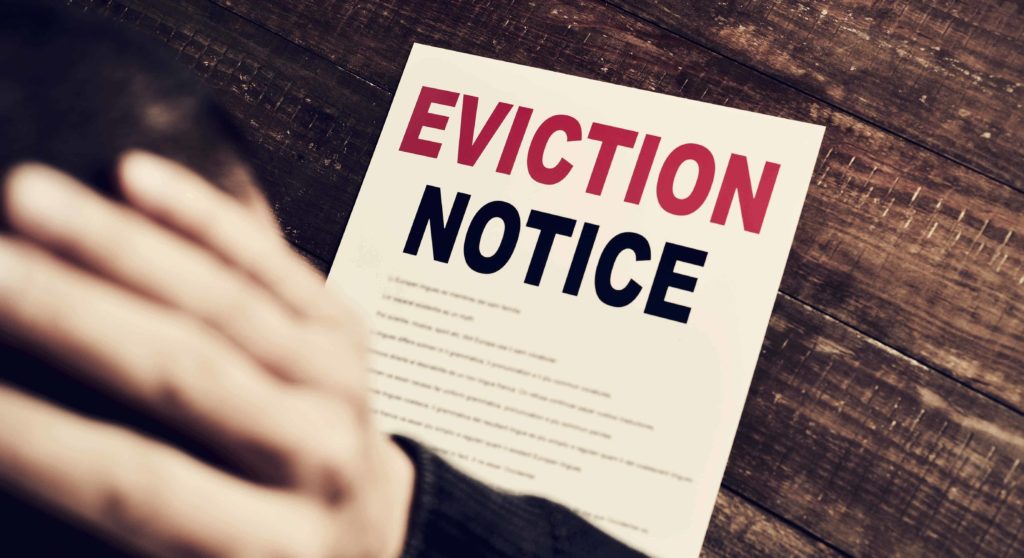
Trouble ahead for landlords
Tuesday 14th May 2019
Private landlords will no longer be able to evict tenants on reasonable notice without good reason under recently unveiled plans.
The government has launched a consultation on proposals to remove ‘no fault’ evictions under Section 21 of the Housing Act 1988, effectively creating open-ended tenancies. This is not good news for landlords who, at the moment, can obtain possession of their property under Section 21 simply by giving notice at the end of a fixed term tenancy and then, if required, issuing a claim form. If the proposals go through, landlords will only be able to obtain possession if they can satisfy one of a number of conditions, such as the tenant’s failure to pay rent or the landlord wishing to occupy the property itself.
The government wants to protect renters from unethical landlords but, by doing so, risks making it more difficult for the rest of the letting market to obtain possession of their own properties. The aim is to give tenants security and stability to make a home without fear of eviction so they can plan for the future.
The move fails to acknowledge that Section 21 notices are used for lots of reasons by Landlords, most notably because they want to sell the property or there are problems with anti-social or defaulting tenants.
The current alternative process for possession under Section 8 is ineffective, however the government proposes to amend it so landlords can obtain possession of their property if they wish to sell or occupy it, softening the blow of the Section 21 notice procedure being removed.
There are also proposals to simplify the court process by digitising it, making it simpler to use and reducing errors made in the preparation of a possession claim. The consultation on the creation of a dedicated housing court has closed, but the response is expected at the end of this year. In addition there are aims to free up county court bailiff resources to help prioritise possession cases. At the moment county court bailiffs have insufficient resources to evict tenants.
There is a risk that landlords will decide that the private rental sector is no longer worth investing in, given they would have difficulties obtaining possession of their own property, or alternatively will chose to rent properties to certain types of tenants meaning those who need the housing the most won’t be afforded the opportunity. Alternatively landlords may seek longer leases with break options and rent review provisions, much like the commercial market, instead of offering short fixed-rent leases. Landlords have already suffered upheaval from recent tax changes, increased regulation and the advance of local licensing schemes, all of which will affect the buy-to-let market. If private landlords don’t offer affordable housing, then the baton will fall to housing associations to make up the shortfall, which will in turn have an impact upon government funding.
